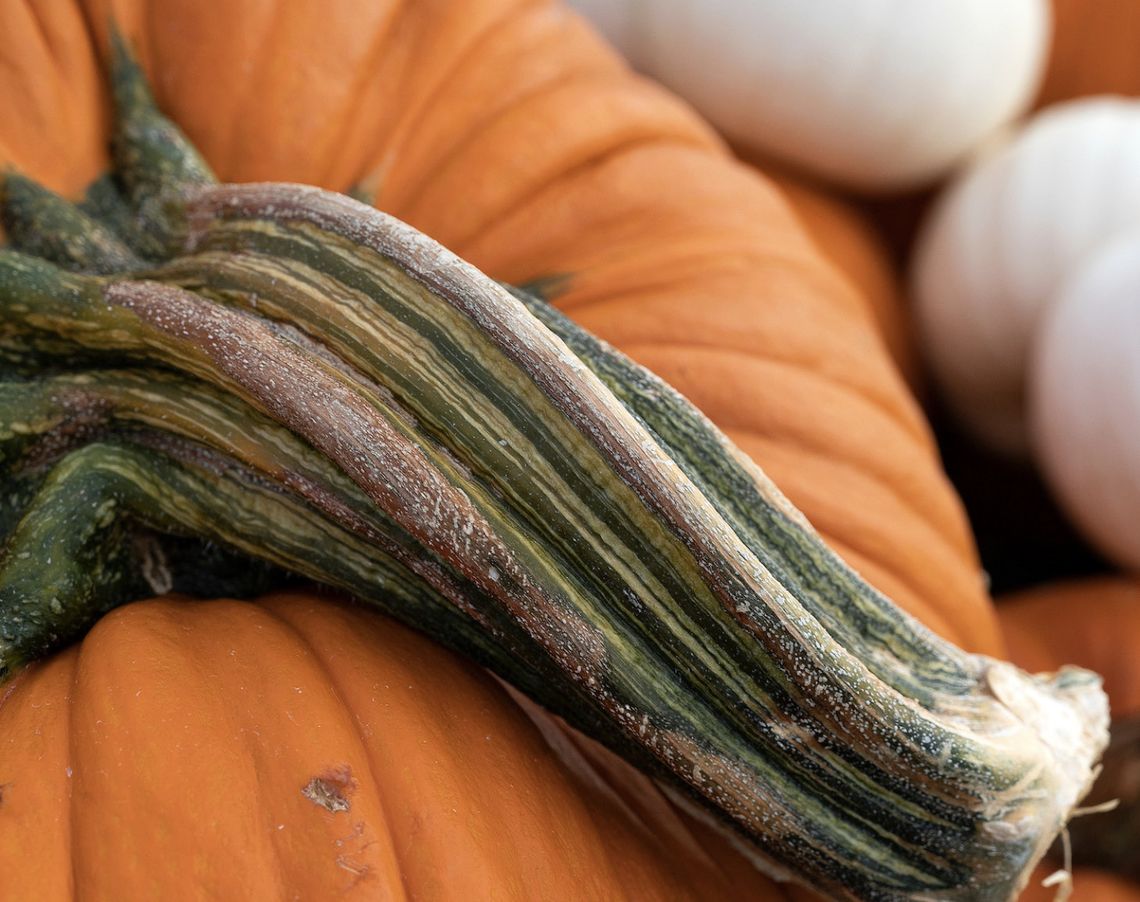Every fall, pumpkins steal the spotlight with multiple purposes: as decorations, for soups and in pies. But here’s a fun fact backed by science: this seasonal favorite is actually a fruit.
Joe Masabni, Ph.D., Texas A&M AgriLife Extension Service vegetable specialist and professor in the Texas A&M Department of Horticultural Sciences, said pumpkins are scientifically classified as fruits because of how they grow. Anything that starts from a flower is classified botanically as a fruit.
Why do people mistake pumpkins for vegetables?
PLEASE LOG IN FOR PREMIUM CONTENT. Our website requires visitors to log in to view the best local news.
Not yet a subscriber? Subscribe today!





















